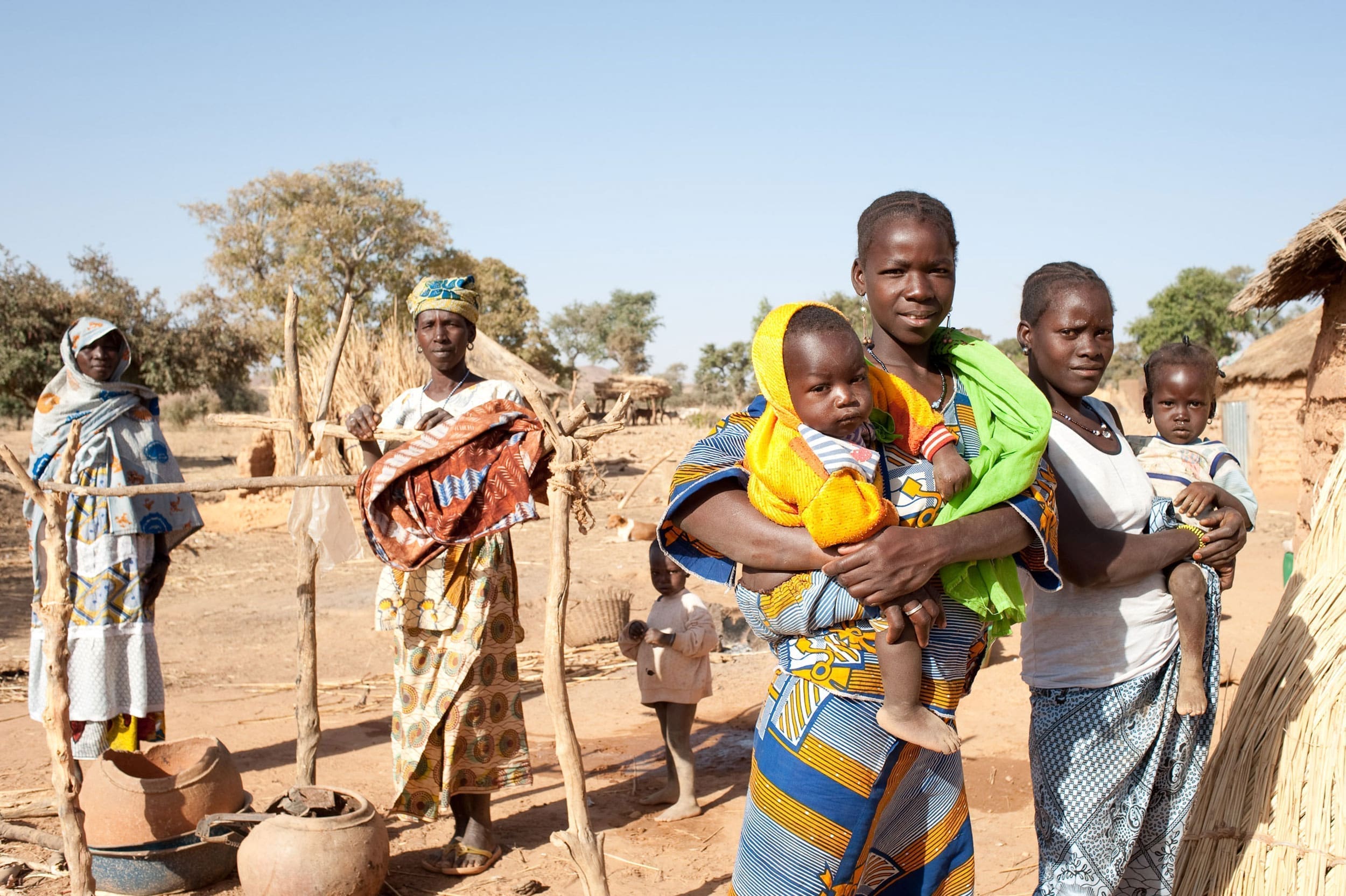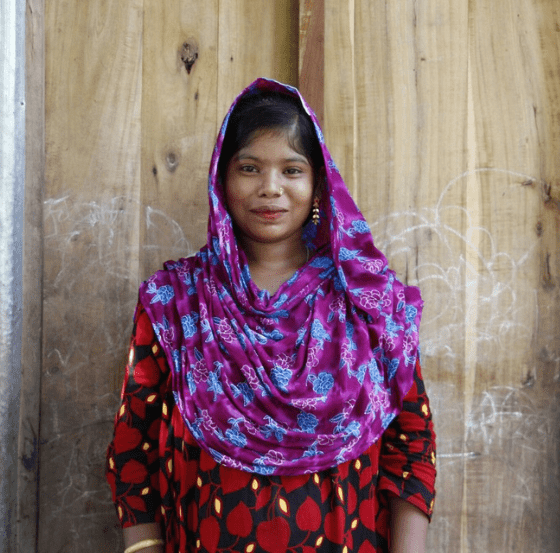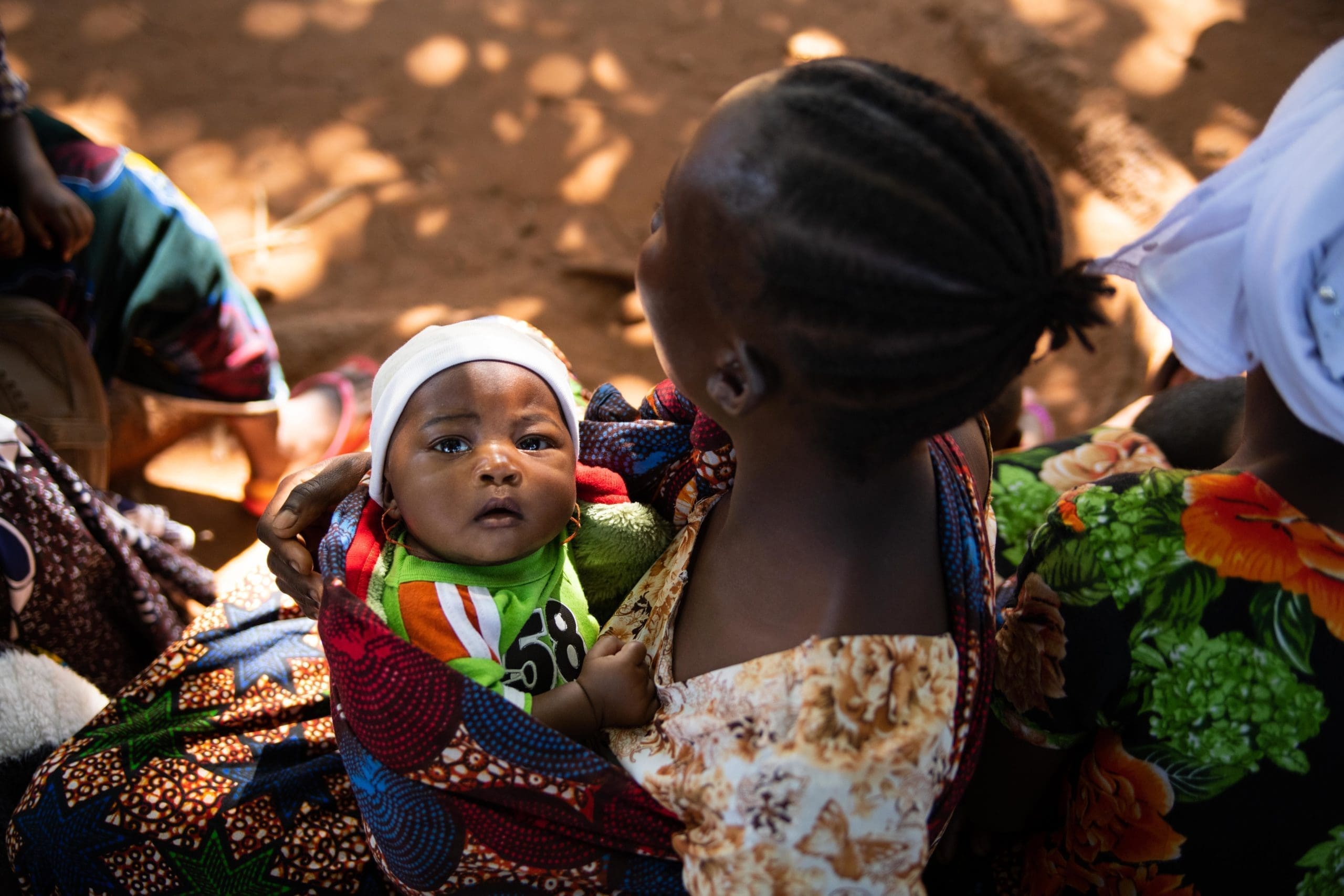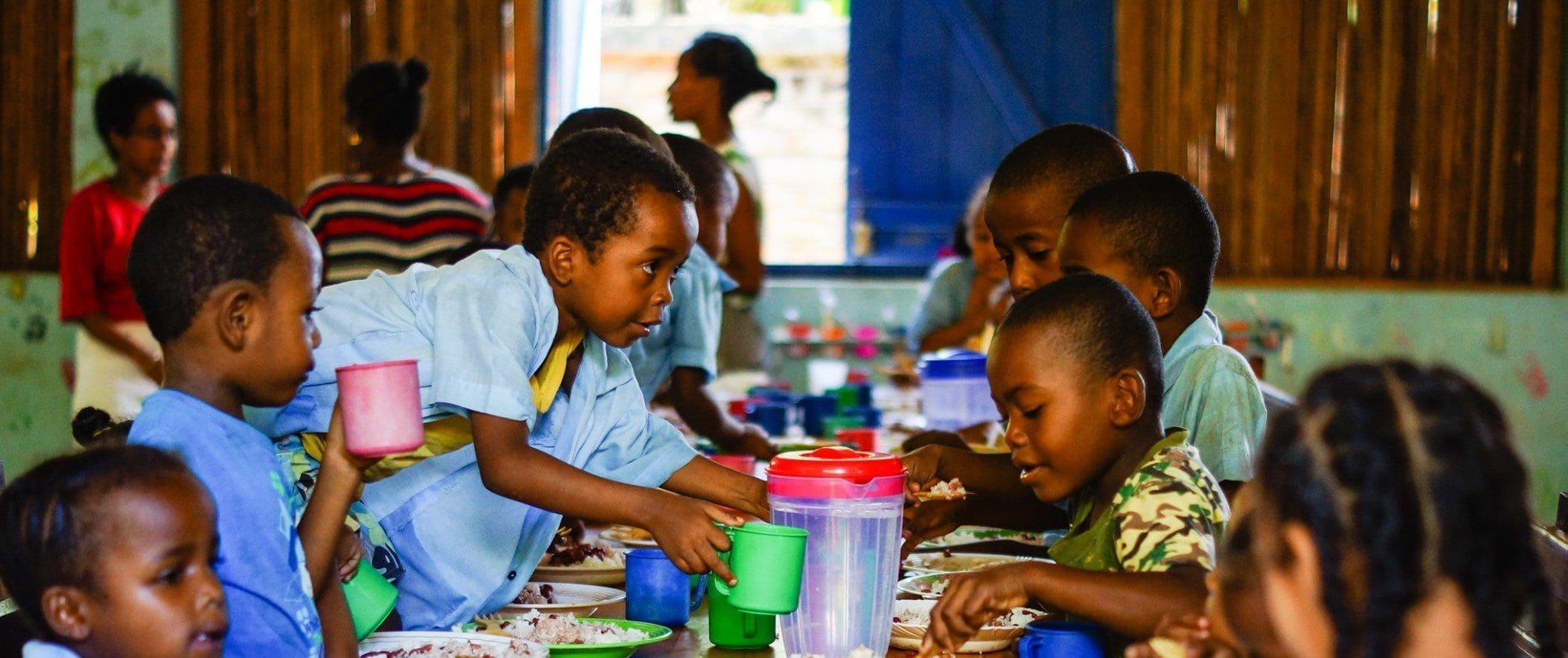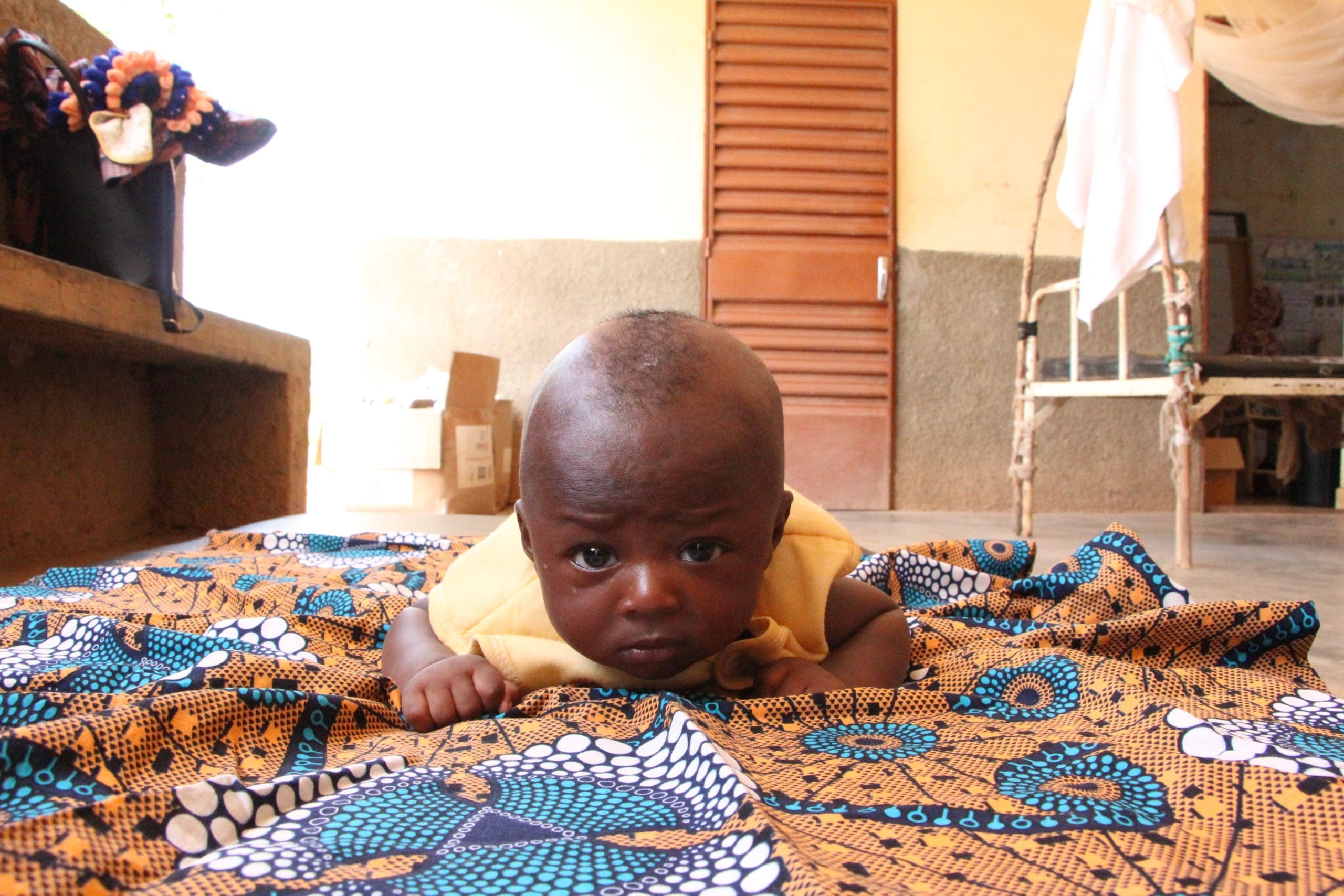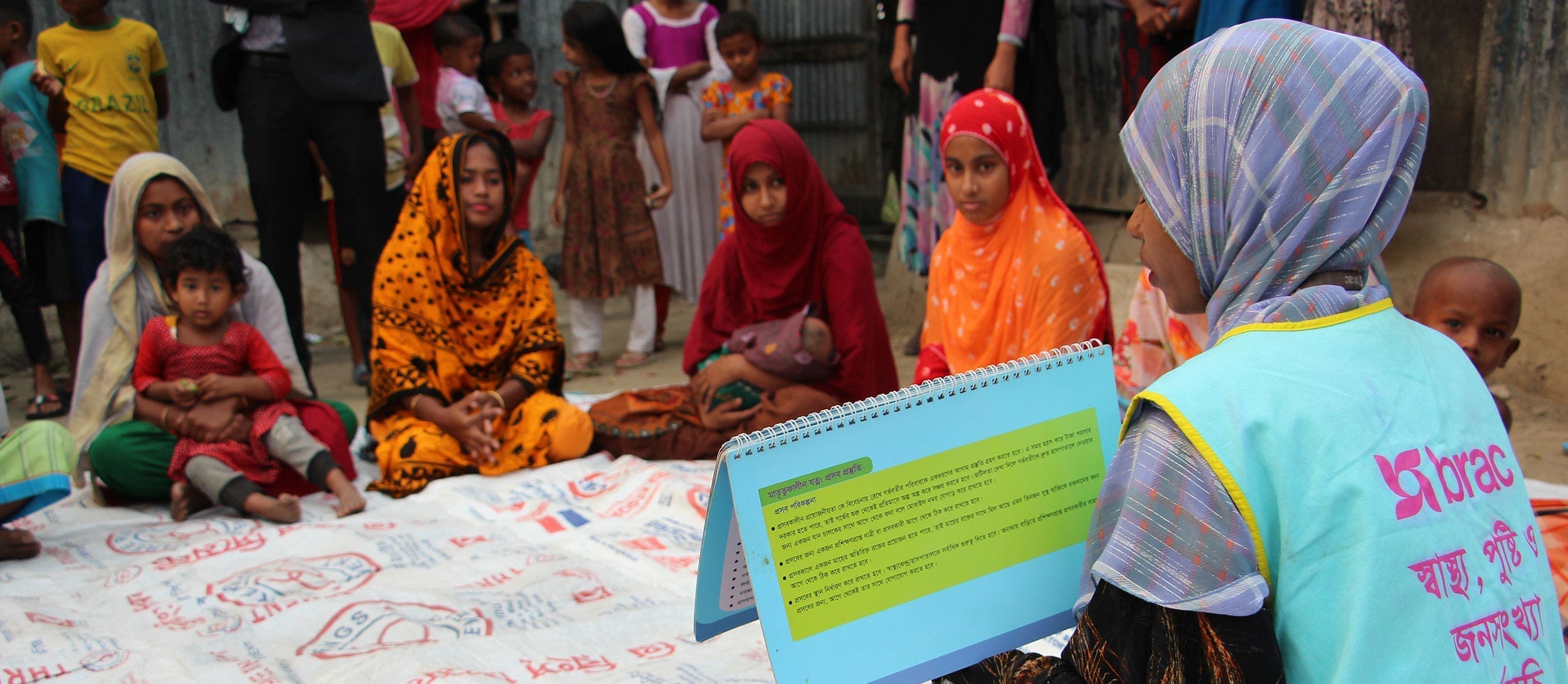

Health education for healthier communities
In poor countries, due to a lack of health education, often the local population do not have the knowledge required to care for themselves; stay in good health or make health-promoting decisions in the event of illness or an emergency. For example, families are not aware that a pregnant woman should attend prenatal care visits or that bleeding can be a sign of complications.
What makes us different
- Pregnant women, future fathers and the rest of the family learn how women can stay in good health during the pregnancy, for example by eating nutritious foods.
- Families learn how to respond in the event of a complication during pregnancy or birth and are prepared to take appropriate action
- Mothers learn to provide basic care for new-borns and to recognize symptoms of common illnesses.
- Pre- and post-natal visits, as well as the number of births taking place at health centres under the care of qualified healthcare professionals, increase.
- Home births with the assistance of untrained midwives decrease.
- Women know their health rights. They know for example, that they have the right to receive skilled care at the health centre and that they do not need the consent of another family member in order to consult a doctor.
Nazia 18 years old, Bangladesh
I learned how to recognize the danger signs to watch out for during my pregnancy. I also received information on preparing for childbirth and emergencies.
Maternal and neonatal health
Maternal and child health
We train health workers to deliver health education sessions to women, their families and friends in the villages.
Read moreMobile Apps
Our mobile application “My Baby and me” provides pregnant women and mothers-to-be with information about pregnancy, childbirth and the postnatal period, via contextualized images and audio clips in local languages.
Read moreSexual and reproductive health
We create educational materials adapted to teenagers and train facilitators and teachers to carry out participatory activities with young people in order to prevent teenage pregnancy.
Read morePreventing malnutrition
In schools, we train teachers and develop fun, educational activities to teach children and their parents the principles of a healthy, nutritious diet based on local produce, in order to prevent malnutrition.
Read moreChildren’s cognitive development
We make young parents aware of the importance of communication and play in fostering their child’s cognitive development.
Read more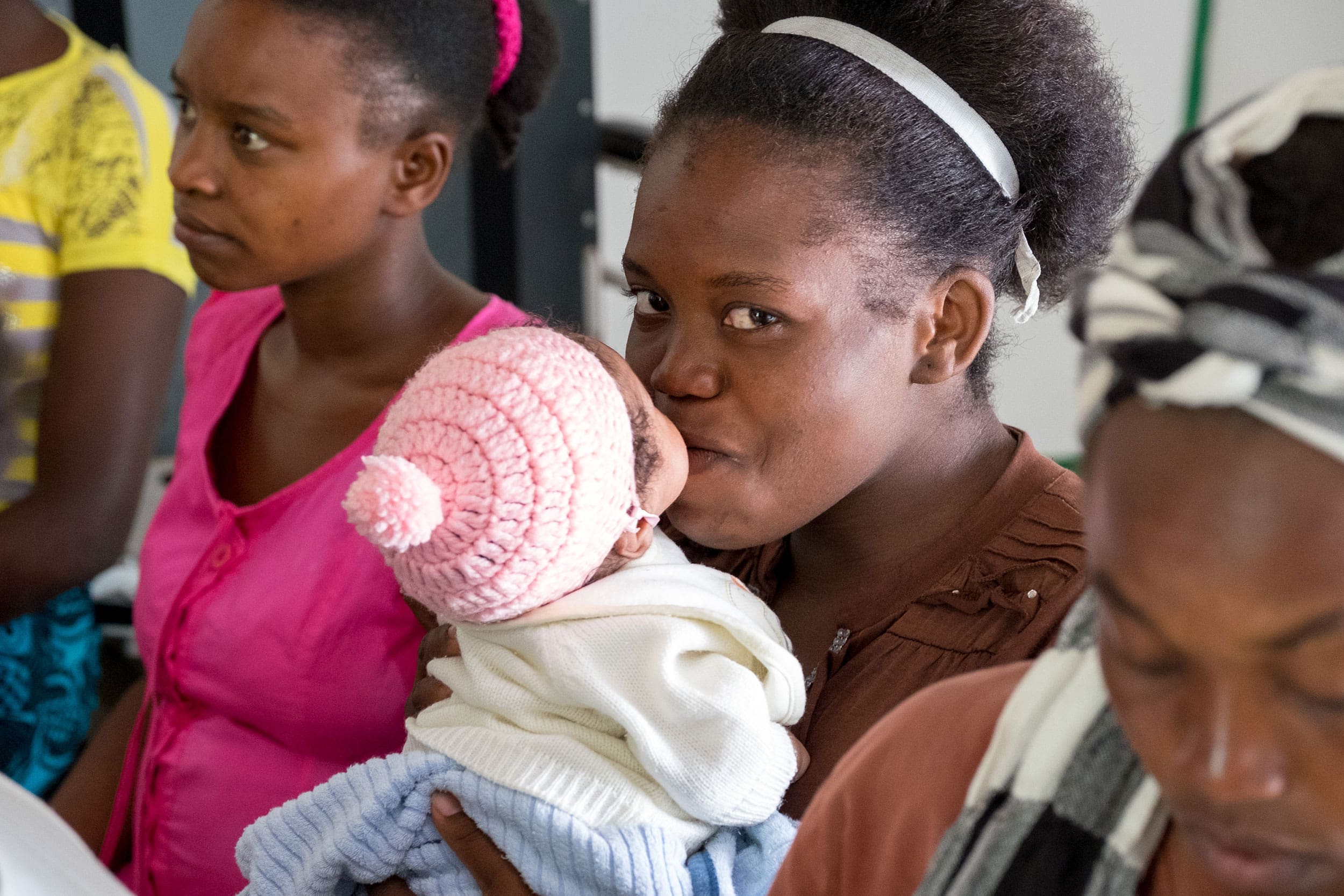

My donation makes a difference
I fund a nutrition kit for 6 teachers in Madagascar so they can put in place activities in class with their students.
I enable 175 pregnant women in Bangladesh to be made aware of their pregnancy and the dangers in the newborn.
